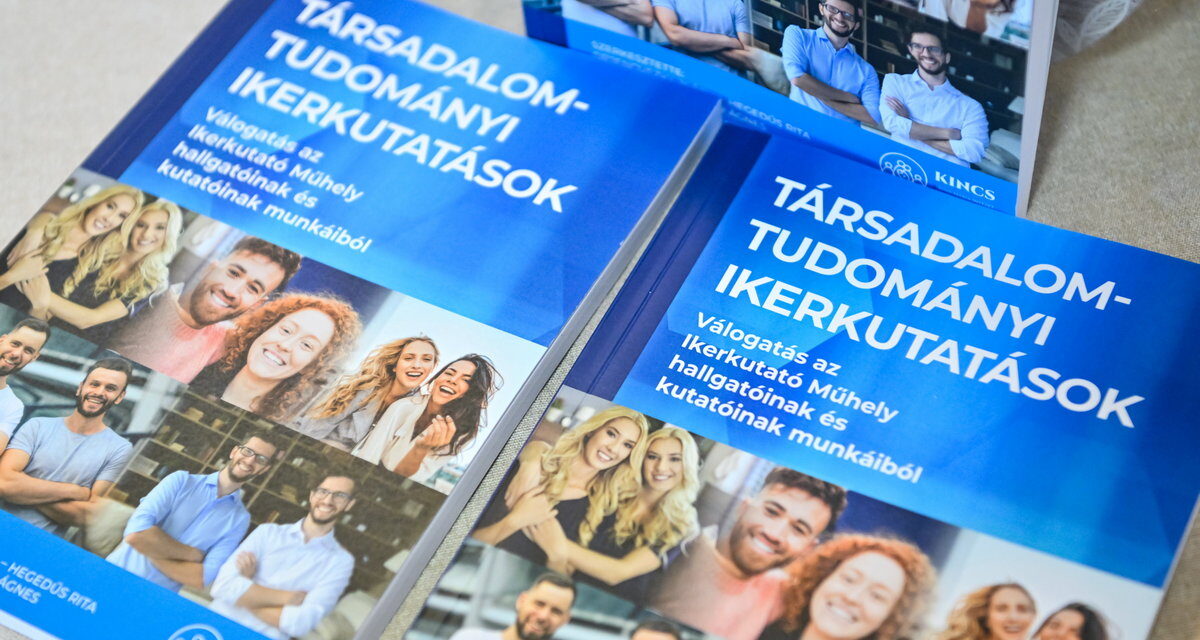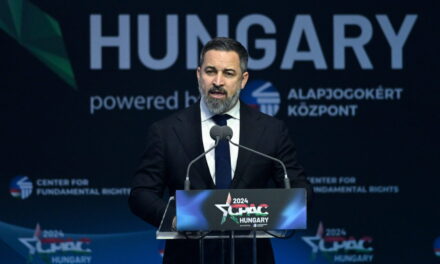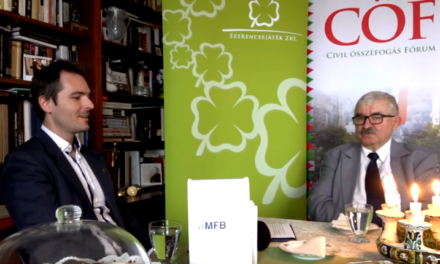The book also discusses the competition between twin pairs and twin conflicts, the socialization process of twins, their fertility pattern, their attitude towards their health, stereotypes about twins, and the attitude of twin parents towards their children.
The Mária Kopp Institute for Population and Families' study volume Social Science Twin Research was presented on Tuesday in Budapest, in which the stereotypes related to twins and the social expectations associated with them are presented.
Tünde Főrész, the president of KINCS, spoke at the workshop conference connected with the volume presentation about how
twins have been researched for more than a century, but there are still many unanswered questions, which is why the newly published volume fills a gap in many ways.
According to him, the book is an interdisciplinary volume, as it was written by representatives of different generations of researchers and different scientific fields, and several institutes and several research workshops participated in its compilation.
Clinical psychologist Emőke Bagdy, professor at Károli Gáspár Református University, mother of twins, said in her greeting,
being a twin is a symbol of difference, a special feature, so it can be both a blessing and a curse depending on the society and culture we live in.
He called the issue of socialization and bonding especially interesting for twins, since socialization begins with them in the womb, because they already come into contact with each other there.
Zsófia Drjenovszky, associate professor at Károli Gáspár Református University, one of the editors of the volume, presented the topics of the publication.
It can be read in the book
a study on competition between twin pairs and twin conflicts, the socialization process of twins, their fertility pattern, their attitude towards their health, stereotypes about twins, and the attitude of twin parents towards their children
- explained Zsófia Drjenovszky.
András Pári, head of research at KINCS, teaching assistant at Pázmány Péter Catholic University, spoke about the interesting demographics related to twins.
He said that the chance of a mother becoming pregnant with identical twins is around one percent, and women between the ages of 35 and 39 have the greatest chance of giving birth to twins.
According to his report, there is no exact record of how many twins are born in the world, but based on estimates, 3.7-3.9 million "twins" are born every year.
In recent decades, the number of twin births has increased both in the world and in Hungary, in Hungary it has been increasing since 1998, and is currently 2.8-3 percent, while in the 1980s the rate of twin births was only 1.5-2 percent
explained the research leader.
According to him, this may be due to the aging of mothers, as well as artificial insemination procedures, and other influencing factors are genetic predisposition, the number of previous pregnancies, lifestyle or diet.
András Pári pointed out that there are still many unanswered questions about twins, for example, it is not known to this day why a fertilized egg splits into two.
The study volume is available as an e-book on the KINCS website in Hungarian and English.
MTI
Cover image: Copies of the study volume entitled Twin Researches in Social Sciences of the Mária Kopp Institute for Population and Wealth (KINCS) at the presentation of the volume in Budapest on February 27, 2024.
MTI/Tamás Purger













